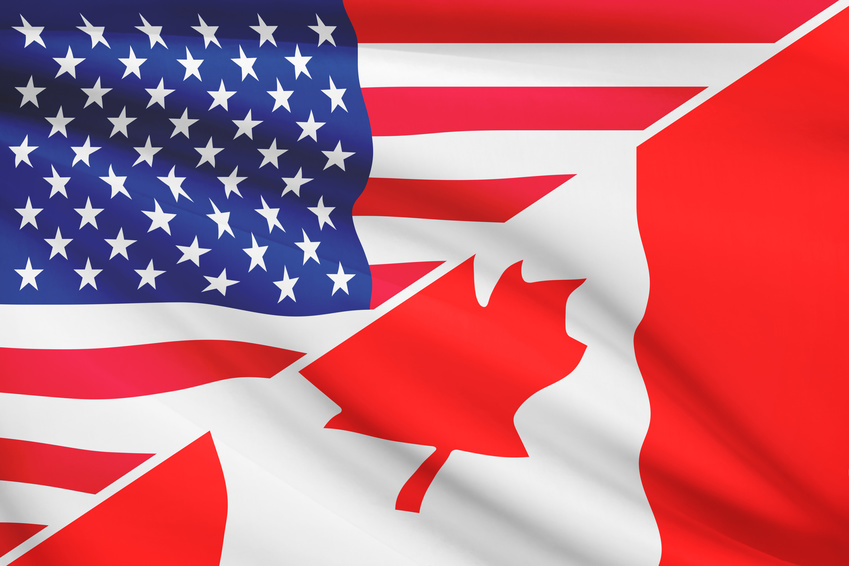Differences Between Healthcare in Canada and the U.S.?
By Conexus MedStaff - Posted Jan 17, 2020

More Canadian nurses than ever are moving to the US, thanks to an abundance of opportunities and a favorable cost of living. Additionally, there’s a special visa for Canadian citizens that enables easier and faster work in the US.
Of course, any nurse considering making this move, whether a graduate or highly experienced, needs to understand the differences between the two healthcare systems. Join us as we walk you through the main points of difference in US and Canadian healthcare, so you know what to expect.
How Is Care Delivered?
In Canada, around half of practicing physicians are GPs who refer patients to specialists when required. Patients are able to choose their primary care doctors as long as it’s in line with requirements for patient registrations (which can vary by province or territory). As long as the healthcare service is covered by Canada’s universal healthcare plan, patients aren’t responsible for physician payment. Instead, these fees are paid based on fee schedules negotiated by provincial and territorial ministries of health.
It works differently in the US. Primary care physicians, accounting for around one-third of all US doctors, don’t have a formal gatekeeping function for providing referrals to specialists or other healthcare service providers. Physicians are typically paid through negotiated fees with private insurers or set fees through public insurance. Patients are often responsible for some portion of physician payment unless the patient qualifies for waived or reduced fees.
What About The Role Of Private Enterprise?
Contrary to belief, most healthcare services in Canada are delivered by private providers, as opposed to federal or provincial providers. Physicians work in private practice or are employed by private hospitals or health service management organizations, with revenue derived by billing government health insurance.
In the US, private enterprises are the primary providers of healthcare insurance and services. This means that insurers compete for customers and sell insurance policies directly to consumers. Additionally, healthcare providers compete for patients, usually through areas of medical specialty, quality, or cost.
How Is Healthcare Insurance Funded?
In Canada, the federal government provides funding support for healthcare insurance to provincial governments. The funding is used to give Canadian citizens health insurance through the national healthcare system.
In the US, individuals fund their healthcare insurance, with the only exception being if they’re eligible for a government-provided insurance program. Health insurance is usually tied to employment, with employers providing coverage as part of their benefits package.
What Care Is Covered By Insurance?
In Canada, the universal healthcare system limits coverage to services offered by hospitals, medical practitioners, or surgical dental services provided in a hospital. Beyond this, provinces are allowed to provide insurance for additional services, including coverage for prescriptions, home, long-term, vision, dental, and mental health care.
Healthcare coverage through private insurance in the US, on the other hand, varies greatly depending upon the types of benefits packages negotiated by employers or the types of policies that consumers choose.



